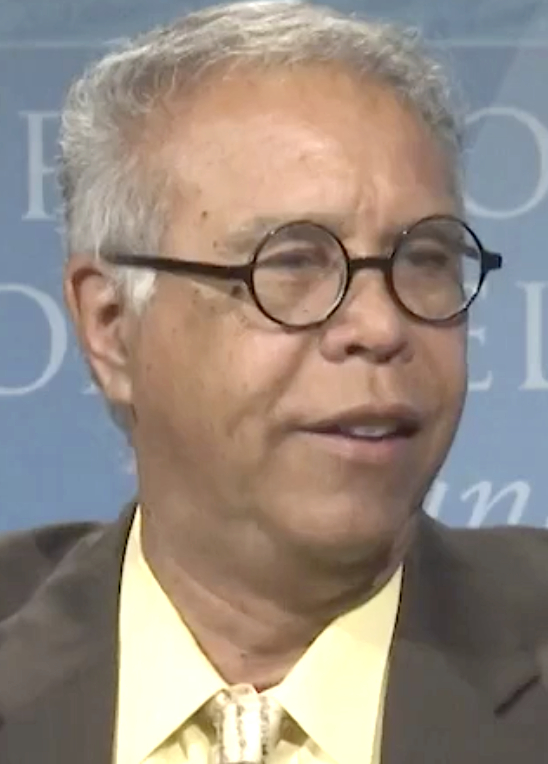On this date in 1958, cultural anthropologist and biblical scholar Hector Avalos was born in Nogales, Sonora, Mexico. As a child, he attended the Church of God and gained some notoriety as a traveling Pentecostal evangelist before he was 10 years old and living with his grandmother in Arizona.
“We talked about sin and salvation. That you needed to be saved because Jesus died for your sins, and it will help you transform your life. We were against abortion. We were against premarital sex. We were against homosexuality. We were against rock ‘n’ roll.” He was determined to become a Christian missionary. (Iowa State Daily, Nov. 9, 2010)
After years of intense bible study to determine what was true and what wasn’t, he came to realize as a college freshman “that the arguments I made for Christianity were not the best, and that I could make just as excellent of an argument for other religions as I could for mine.” He had started studying to defeat any argument against his faith in God, but those studies led him instead to a faith in science and in family. Before long he was calling himself an atheist. (ibid., Iowa State Daily)
A diagnosis of a rare vascular disease called granulomatosis with polyangiitis and a dire prognosis that he had only two years to live forced him out of his anthropology degree program in 1978. He battled the disease and complications from it until he died 43 years later.
He returned to the University of Arizona in 1980 to complete his degree and then earned a master’s in theological studies from Harvard Divinity School and a Ph.D. in Hebrew Bible and Northwest Semitic philology from Harvard. Overcoming his physical challenges, he taught anthropology and religious studies at the University of North Carolina-Chapel Hill before joining the faculty at Iowa State University in Ames in 1993 to teach those subjects.
Avalos founded the U.S. Latino/a studies program at ISU, where he was 1996 Professor of the Year in 1996, and founded the Atheist and Agnostic Society at ISU three years later. “Prior to ’99, the word ‘atheist’ was like a dirty word,” he told the school newspaper in 2010. “It still is, actually. People were reluctant to call themselves atheists, so they would call themselves skeptics or freethinkers.” He told the paper his courses weren’t meant to “convert” students to atheism but to show them different perspectives. “A lot of these kids come here not even knowing there are other viewpoints. That in itself is an eye-opening experience for them.”
He published 10 books, including “Fighting Words: The Origins of Religious Violence” (2005), and most recently “The Reality of Religious Violence: From Biblical to Modern Times” (2019). In 2018 he received the inaugural Hispanic American Freethinkers Lifetime Achievement Award in Washington, D.C. He was inducted into the Iowa Latino Hall of Fame in 2019.
Avalos was an FFRF member and a guest on its radio show and TV talk show “Freethought Matters” (Oct. 16, 2019). He was married twice and was survived by his wife Cynthia after dying at age 62 of cancer. (D. 2021)


